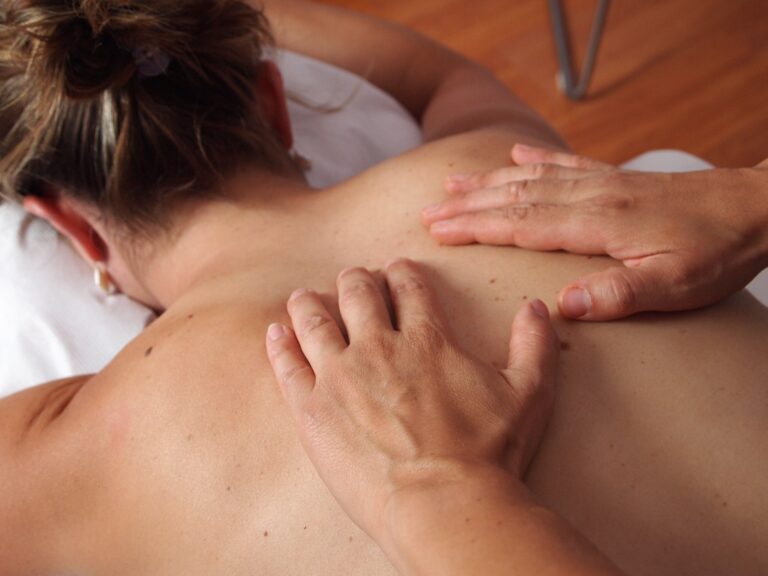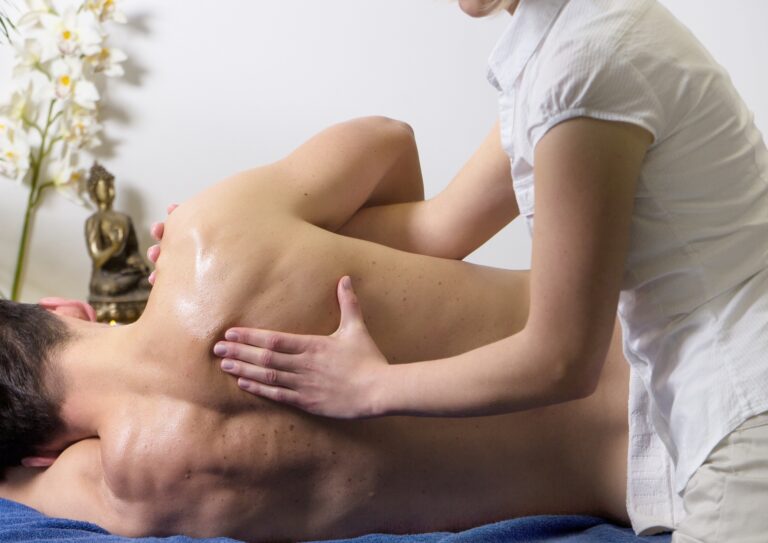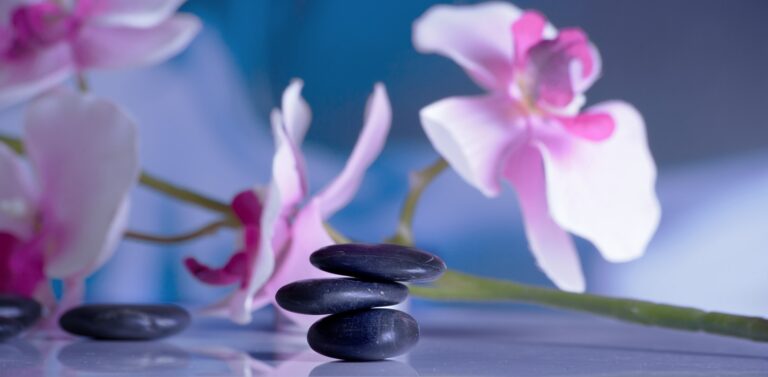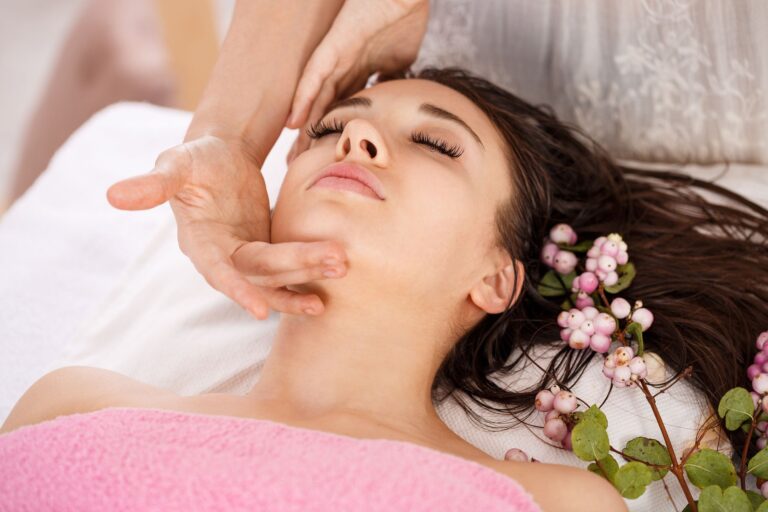Massage and Athletic Performance: Why Every Athlete Should Make Time for Massage
For athletes, staying at peak performance is a priority, and massage therapy is a powerful yet often underrated tool in their recovery and training regimen. Massage can do more than just relieve post-workout soreness; it plays a significant role in injury prevention, muscle recovery, and enhancing flexibility and range of motion. Here’s why every athlete should consider making massage a regular part of their performance toolkit.
1. Promotes Faster Muscle Recovery
After intense training, muscles experience small tears that need time to repair. Massage therapy speeds up recovery by improving blood circulation, which delivers more oxygen and nutrients to fatigued muscles and helps remove metabolic waste like lactic acid. This increased blood flow helps reduce muscle soreness, enabling athletes to get back to their training more quickly and reducing downtime.
2. Prevents Injuries
Injury prevention is critical for athletes at all levels, and massage can be a game-changer. Tight or imbalanced muscles are more prone to strain, sprains, and other injuries, especially during high-intensity activities. Massage therapy addresses these issues by releasing tension, improving muscle elasticity, and promoting proper alignment, which reduces the risk of injury. Regular massage can also target “problem areas” before they turn into larger issues, helping athletes stay in top form longer.
3. Improves Flexibility and Range of Motion
Flexibility and range of motion are essential for athletic performance, allowing for greater agility, strength, and precision. Massage therapy stretches muscle fibers and connective tissues, helping to loosen tight areas that may restrict movement. Over time, this can improve joint flexibility and help athletes reach their full range of motion, which is especially valuable for sports requiring a high degree of flexibility, like gymnastics, martial arts, and swimming.
4. Reduces Muscle Tension and Knots
Repetitive motion in sports like running, cycling, and weightlifting can lead to muscle tightness and knots, which impact performance and may lead to compensatory movement patterns that increase injury risk. Massage therapy targets these knots and adhesions, breaking them down and allowing muscles to relax and perform optimally. This release of muscle tension improves both comfort and movement efficiency, enabling athletes to perform at their best.
5. Increases Circulation and Nutrient Delivery
Good circulation is crucial for athletic performance, as it ensures that muscles receive the nutrients and oxygen they need to perform at peak levels. Massage therapy stimulates circulation, allowing blood to flow more freely throughout the body. Enhanced circulation aids in muscle recovery and can even improve energy levels, giving athletes an edge by improving endurance and reducing muscle fatigue.
6. Enhances Mind-Body Connection and Focus
Athletes who are in tune with their bodies tend to perform better and avoid injury more effectively. Massage promotes mindfulness by encouraging a focus on bodily sensations, helping athletes become more aware of areas that might need extra attention. This increased body awareness can lead to better form, technique, and a deeper understanding of how to move efficiently, contributing to enhanced focus during training and competition.
7. Relieves Stress and Promotes Relaxation
Athletes face both physical and mental demands, and stress can take a toll on performance. Massage therapy helps reduce stress by lowering cortisol levels and stimulating the release of serotonin and dopamine, which promote relaxation and mental clarity. By managing stress more effectively, athletes are better prepared to handle the pressures of competition and perform consistently at their highest level.
8. Supports Injury Rehabilitation
For athletes recovering from injuries, massage therapy can be an invaluable tool for rehabilitation. Techniques like sports massage and deep tissue massage target specific muscles and promote tissue repair, speeding up the recovery process. Massage also helps prevent scar tissue buildup, which can limit mobility and cause discomfort, and reduces stiffness, promoting a quicker and smoother return to training.
9. Improves Sleep Quality
Sleep is vital for athletic recovery and performance. During sleep, the body repairs tissues, balances hormones, and restores energy levels. Massage therapy promotes better sleep by activating the parasympathetic nervous system, which helps the body relax. Better sleep leads to better recovery, helping athletes wake up feeling rested, energized, and ready to perform at their best.
10. Boosts Endurance and Performance
With its cumulative benefits, regular massage therapy can enhance overall endurance. Better circulation, reduced muscle tightness, faster recovery, and improved flexibility contribute to sustained performance, allowing athletes to train harder and longer. Massage also supports quicker recovery after endurance events, making it easier for athletes to get back to training.
How Often Should Athletes Get a Massage?
For optimal results, athletes should incorporate massage into their regular routines. The ideal frequency can vary based on the sport, training intensity, and individual recovery needs, but here’s a general guideline:
- Heavy training periods: Weekly sessions may be beneficial.
- During competition seasons: Twice a month to manage recovery and stress.
- Off-season: Once a month to maintain flexibility, circulation, and relaxation.
Sports massage, deep tissue massage, and trigger point therapy are often recommended for athletes, but it’s best to consult with a licensed massage therapist to create a plan tailored to your specific needs and goals.
Massage therapy isn’t just a treat for athletes—it’s an essential component of an effective training and recovery plan. By making time for regular massage, athletes can boost recovery, prevent injuries, and enhance overall performance, helping them stay at their peak both mentally and physically. Whether you’re a competitive athlete or just passionate about fitness, massage therapy can make a difference in achieving your personal best.






